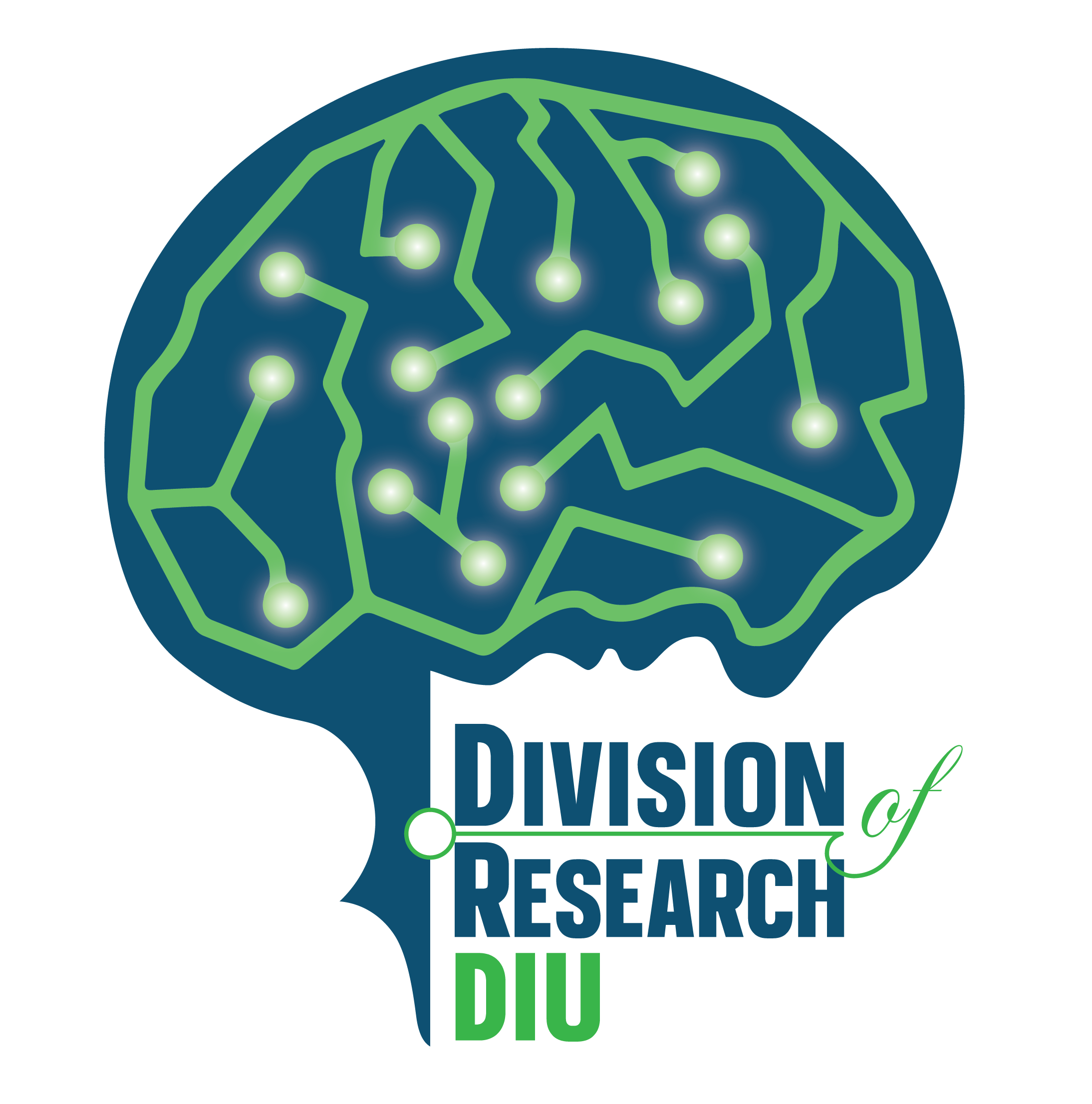SDG-17
1. Collaboration with World Health Organization (WHO) for Data on Malaria under the 5th Malaria Joint Monitoring Mission (JMM-5) project

Under the collaboration between World Health Organization (WHO) and DIU, the Public Health Department of the university provided unbiased recommendations for the National Malaria Elimination efforts in the country. The DIU researchers contributed to the:
- Analysis of existing program data, and relevant documents pertaining to health systems, private sector, other public sector organizations to provide relevant recommendations, based on their expertise local knowledge.
- Expert technical inputs based on relevant local context to develop the checklists, and other technical documents during the preparatory phase of the JMM.
- Field visits to Dhaka/Gazipur, Bandarban, Cox’s Bazar, Rajshahi / Chapai Nawabganj,Sylhet etc. stakeholder meetings, dissemination meetings to support the national program and international experts in their technical and advocacy efforts.
- Drafting of the final JMM-5 report and include relevant implementable recommendations, based on their knowledge of the country context.
2. Adaptation Research Alliance (ARA), UKAid Project on Saving Mothers, Protecting the Womb


The "Saving Mothers, Protecting the Womb" is an innovative and unique action research project undertaken by Daffodil International University funded by Adaptation Research Alliance (ARA), UKAID. It addresses a critical issue at the intersection of climate change, public health, gender and technology, offering a holistic approach to improving the well-being of marginalized coastal pregnant women in Bangladesh. The project installs a low-cost solar panel rotator called ‘SolarAchieve’ that harnesses solar energy efficiently by combining gravity to produce safe, clean drinking water. The innovation lies in its simplicity and affordability, as users can assemble it using readily available local materials like wood or bamboo. The SolarAchieve is regarded as a low-cost, sustainable solution to the water salinity problem. This unique project recognizes the impact of climate change beyond environmental concerns and directly affects maternal health. Its outcomes and enhanced community resilience serve as indicators of the project's effectiveness.
3. DIU-USAID PEER Partnership: Advancing Sustainable Forest Management Through Technology

The DIU-USAID PEER Project is at the forefront of sustainable forest management in Bangladesh, utilizing Unmanned Aerial Systems (UAS) for tree cover assessment and deforestation analysis (data). In a training and workshop program for the Department of Environmental Science and Disaster Management (ESDM) students, experts like Mr. Md. Jawadul Gani and Deputy Conservator of Forests, Md. Zaheer Iqbal, shared their insights. With the participation of esteemed guests, faculty, and students, this initiative aligns with the SDGs, contributing to responsible environmental stewardship and the preservation of Bangladesh's invaluable forests. The project worked on data analysis on deforestation.
4. Collaboration with CDD, Bangladesh (NGO) and CBM (Christian Blind Mission), Germany (International Organization) on Disability

The study on the scope of work and strategies on disability-inclusive climate change adaptation was undertaken in collaboration with CDD, Bangladesh and CBM (Christian Blind Mission), Germany to identify the gaps of inclusion of persons with disabilities in adaptation measures to climate change and find out further scope of work and operational strategies in the Sundarban adjacent coastal areas on Disability Inclusive climate change adaptation through CDDiDRM & CCA project in Sharankhola, Bagerhat. The study showed that climate change is amplifying the risks and exclusion systematically that persons with disabilities already experience in their daily lives. Additionally, climate change is introducing new risks and creating new barriers like securing livelihoods and ensuring household food security.
Based on the findings, persons with disabilities present a call to action to all agencies and organizations working on climate-related policy and programming in Bangladesh. Crucially, disability-inclusive climate action needs to better address existing and emerging risks and respond to the differential impacts of climate change on persons with disabilities. Disability-inclusive climate action can only be achieved by ensuring the meaningful participation of persons with disabilities in climate preparedness, adaptation, and mitigation.
5. Collaboration with Universitas Airlangga in Indonesia Mitigating Educational Losses: A Collaborative Research Initiative with Universitas Airlangga, Indonesia

Daffodil International University in Bangladesh and Universitas Airlangga in Indonesia have collaborated on a research project to assess and mitigate educational losses (data) caused by the COVID-19 pandemic. Led by Professor Dr. Syed Mizanur Rahman, the project focuses on Nawaz Ali Ideal High School in Dhaka. It aligns with UN Sustainable Development Goals, particularly SDG 4 (Quality Education) and SDG 17 (Partnerships for the Goals). The goal is to address educational deficits in Bangladesh and develop methodologies applicable globally through the World University Association for Community Development (WUACD), ensuring inclusive and equitable education, even in challenging circumstances.
6. Collaboration with Programme for Helpless and Lagged Societies (PHALS- NGO) & Malteser International, Germany (International Organization) for a Baseline Study on Resilience Strengthening of vulnerable populations in Northern, western and Eastern Bangladesh

A baseline Study on Resilience strengthening of vulnerable populations in northern, western and eastern Bangladesh through a network approach of 5 partner organizations was conducted by a team of researchers from Daffodil International University, supported by PHALS (Programme for Helpless and Lagged Societies), Bangladesh and Malteser International, Germany. This baseline study (comprehensive survey and qualitative data collection) was conducted in Khuruskul and Chowfaldandi unions under Sadar Upazila, Cox’s Bazar district, Bangladesh. This baseline study shed light on the significant challenges faced by the poor and marginalized communities in Khuruskul and Chawfaldandi unions of Cox's Bazar. The study emphasized the urgent need for targeted interventions addressing climate change awareness, livelihood diversification, market development, women's empowerment, climate-resilient infrastructure, and improved access to social safety net programs. By implementing evidence-based strategies and interventions, the project can enhance the participants' socio-economic conditions, and foster resilience to climate development in the region.




